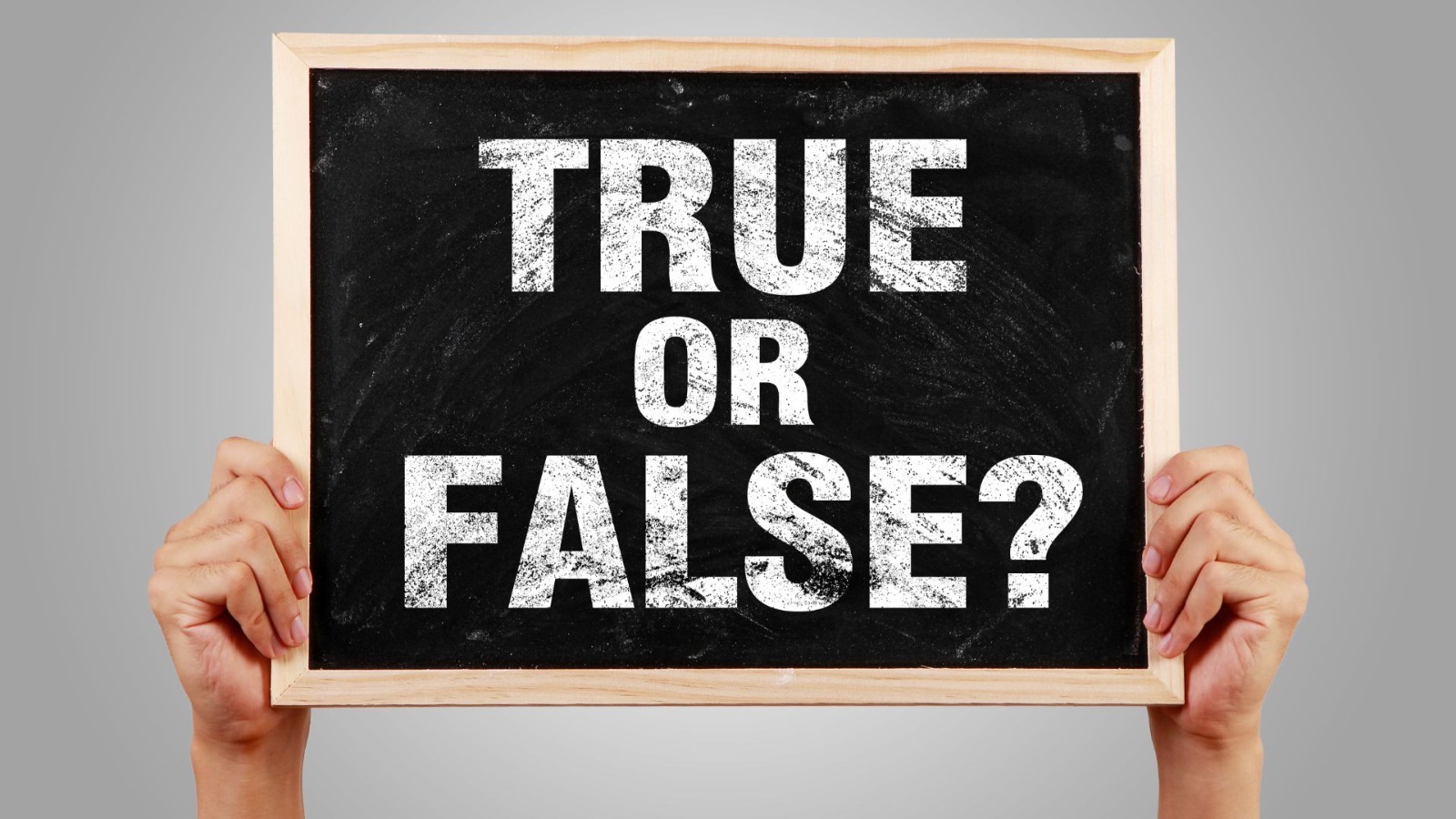Beyond Clickbait: Understanding And Addressing Misleading Advertising In India

Introduction:
Have you ever been tempted to purchase something after seeing an advertisement promising results, only to later realize you’ve been misled? Maybe it was a skincare product that claimed to work miracles. It’s a common experience, we have all been there. In today’s world, misleading advertisements like these are everywhere, making it challenging to distinguish genuine offers from empty promises.
Misleading advertisements, with exaggerated claims, concealed information, and fabricated endorsements, not only undermine consumer trust but also raise significant legal and ethical concerns.
Table of Contents
Understanding The Legal Framework:
In India, there are laws to deal with misleading ads. One important law is the Consumer Protection Act, 2019[1]. It helps consumers fight back against unfair ads by defining what counts as misleading. Recently, the government also made new guidelines called the ‘Guidelines for Prevention of Misleading Advertisements and Endorsements for Misleading Advertisements, 2022,’[2] to stop companies from tricking people. These guidelines provide clarity on terms like “bait advertisement” and “surrogate advertisement” while imposing penalties on offenders.
Section 2 (1) (r) of the Act provides a comprehensive definition of unfair trade practices, while Section 14 outlines the measures that courts can undertake to address such practices. These measures include directing advertisers to cease the dissemination of misleading advertisements and prohibiting their repetition.
Challenges And Pre-Emptive Measures:
One of the significant challenges in combating misleading advertisements is their potential impact on vulnerable demographics, such as children. These guidelines try to protect them by stopping ads from lying about products or saying they are healthy without proof.
Another thing to watch out for is disclaimers. They are supposed to help us understand ads better, but they should not hide important stuff or try to fix lies in the ad.
Enforcing Regulations:
Regulatory bodies like the Central Consumer Protection Authority (CCPA)[3] play an important role in enforcing these regulations and penalizing violators. The CCPA has the authority to fine manufacturers, advertisers, and even endorsers for misleading advertisements. These penalties can range up to INR 10 lakhs for initial offenses and up to INR 50 lakhs for subsequent violations. Additionally, the CCPA has the power to restrict endorsers from making endorsements for up to 1 year for the first offense, and up to 3 years for subsequent offenses.
Recent Legal Precedents:
When it comes to wellness and alternative medicine, few names hold as much weight as Mr. Ramdev, the yoga guru and co-founder of Patanjali Ayurved. However, his empire, built on the promise of natural wellness, is facing a major legal hurdle for reasons beyond yoga. On March 19, 2024, the Supreme Court issued an order summoning Ramdev and his close associate, Acharya Balkrishna, to personally appear before the court on April 2nd.
The Indian Medical Association (IMA) initiated legal action against Patanjali Ayurved, accusing Ramdev of leading a smear campaign against modern medicine, particularly allopathy, and the COVID-19 vaccination drive. Even more concerning are the claims of miraculous cures for diseases like diabetes and asthma advertised by Patanjali. These claims, according to the IMA, lack any scientific backing and create a dangerous environment of misinformation.
It wasn’t the first time he faced such allegations. In November 2023, the Supreme Court already issued a stern warning to Patanjali Ayurved, demanding an end to “false” and “misleading” advertisements, stating that otherwise, the company could face fines of up to Rs 1 crore. Furthermore, the Supreme Court reprimanded the government for failing to monitor such advertisements. Despite this cautionary stance, Baba Ramdev and Acharya Balkrishna allegedly persisted with their claims, prompting the court to issue a contempt notice in February 2024.
This notice highlights potential violations of the Drugs and Magic Remedies (Objectionable Advertisements) Act, 1954[4] raising a critical question: is Ramdev capitalizing on public anxieties about traditional medicine to promote unproven remedies?
Legal Remedies For Misleading Advertising:
When faced with misleading advertising, consumers have legal tools at their disposal.
Injunctive Relief: Courts may grant this type of relief upon satisfying certain criteria:
- Plaintiffs must demonstrate the likelihood of deception or confusion among consumers caused by false or misleading advertising.
- Plaintiffs must show that irreparable harm has been inflicted, even if it shows as a decrease in sales not entirely attributable to the defendant’s deceptive advertising.
Corrective Advertising: Courts have the authority to order this remedy through two primary means:
- Defendants may be required to initiate a corrective advertising campaign, making affirmative statements to rectify the misleading information disseminated.
- Alternatively, courts may award monetary damages to plaintiffs, enabling them to conduct their own corrective advertising campaigns to counteract false advertisements by defendants.
Conclusion:
Curbing misleading advertisements requires a united effort from all stakeholders, including policymakers, regulatory bodies, industry players, and consumers themselves. Only through collective action can India ensure that advertisements serve their intended purpose of informing and empowering consumers, rather than misleading and deceiving them. Stopping misleading ads isn’t easy, but it’s important.
When ads tell the truth, people can make better choices about what to buy. So, next time you see an ad that seems too good to be true, remember to check the facts before you buy. Dig deeper, research the product, and make informed choices.
[1] https://consumeraffairs.nic.in/acts-and-rules/.
[2] https://pib.gov.in/PressReleasePage.aspx?PRID=1832906.
[3] https://pib.gov.in/PressReleasePage.aspx?PRID=1832906.
[4] https://cghealth.nic.in/CFDA/Doc/Acts&Rules/Drugs%20and%20Magic%20Remedies%20(Objectionable%20Advertisement)%20Act,%201954.pdf.
King Stubb & Kasiva,
Advocates & Attorneys
New Delhi | Mumbai | Bangalore | Chennai | Hyderabad | Mangalore | Pune | Kochi | Kolkata
Tel: +91 11 41032969 | Email: info@ksandk.com
By entering the email address you agree to our Privacy Policy.